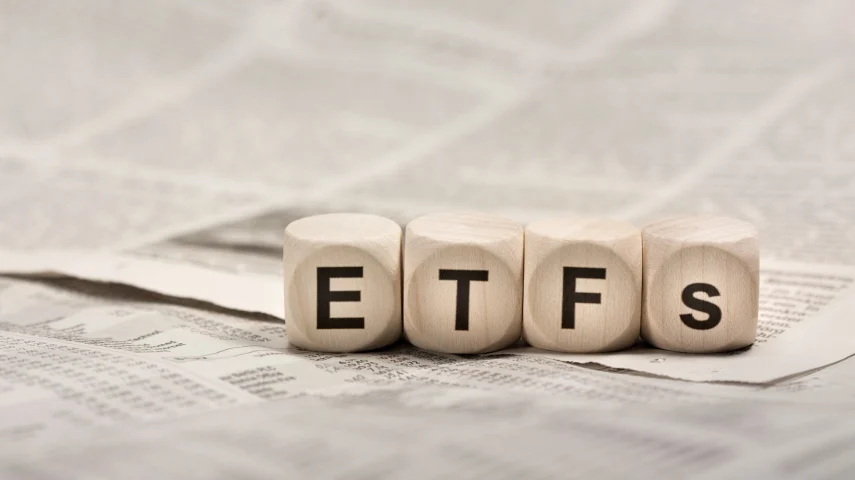VanEck expands ASX range with 2 ETF launches



VanEck is to list two ETFs on the ASX next week, one investing in residential mortgage-backed securities (RMBS) and the other in India.
The ETFs, which will list on 24 April, are designed to broaden the opportunity set for advisers and investors and bring the ETF providers’ range on the ASX to 46 funds.
Its RMBS strategy will complement existing fixed income and credit funds, while the Indian offering will extend its emerging market expertise.
The first product, VanEck Australian RMBS ETF, will invest in AAA-rated Australian RMBS, and the firm said this has typically been a difficult area for non-institutional investors to access.
Arian Neiron, VanEck chief executive, said: “Historically, investors in highly rated Australian residential mortgage-backed securities have never experienced principal losses.
“In the current market environment, with the market anticipating rate cuts by the Reserve Bank, residential mortgage-backed securities will be more compelling because of the yield premium over cash products and similarly rated senior debt.
“Residential mortgage-backed securities have traditionally been difficult to incorporate in a portfolio with investors having to rely on asset managers to access. They have been utilised in credit strategies for decades, and for the first time VanEck’s RMBS democratises the opportunity for all types of investors.”
Secondly, the India Growth Leaders ETF will provide a targeted exposure to high-growth Indian companies that have strong fundamentals and attractive valuations. It will track the MarketGrader India Growth Leaders 50 Index, which utilises a growth at a reasonable price (GARP) analysis to find the top 50 companies (out of approximately 3,500 stocks) offering the best growth potential for “reasonable price”.
Neiron said: “India is carving out a niche in the global investment landscape and becoming a rising investment destination. The key drivers include higher GDP growth supported by policy tailwinds, favourable demographics and a growing middle class and government-led initiatives fostering improved efficiency.
“Further, while many countries scramble to recalibrate in response to Trump’s shifting US trade policies, India’s relative detachment from global trade could help it weather shocks that may harm more trade-dependent economies. India’s tariffs are high, and its share of global exports remains under 2 per cent. India’s vast domestic market has continued to fuel its growth.”
Last month, specialist Indian fund manager India Avenue launched its first active ETF on the Cboe Australia exchange. It said India is an attractive investment opportunity with a population of 1.4 billion people and promising developments in consumption, services and infrastructure, which are set to benefit from the country’s economic expansion.
Recommended for you
LGT Wealth Management is maintaining a neutral stance on US equities going into 2026 as it is worried whether the hype around AI euphoria will continue.
Tyndall Asset Management is to close down the Tyndall brand and launch a newly-branded affiliate following a “material change” to its client base.
First Sentier has launched its second active ETF, offering advisers an ETF version of its Ex-20 Australian Share strategy.
BlackRock has revealed that its iShares bitcoin ETF suite has now become the firm’s most profitable product line following the launch of its Australian bitcoin ETF last month.












